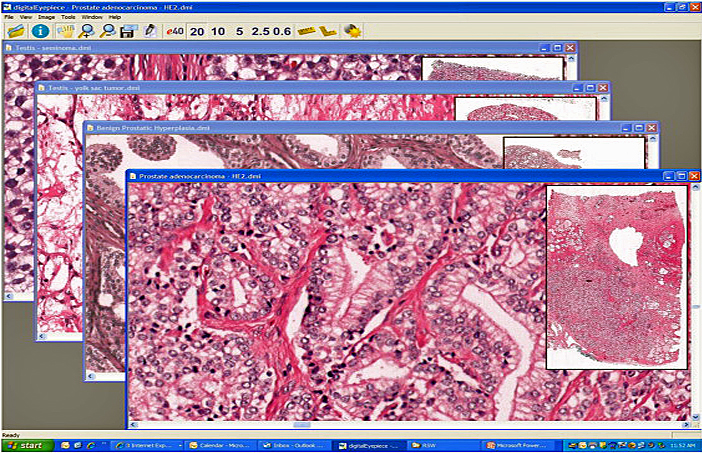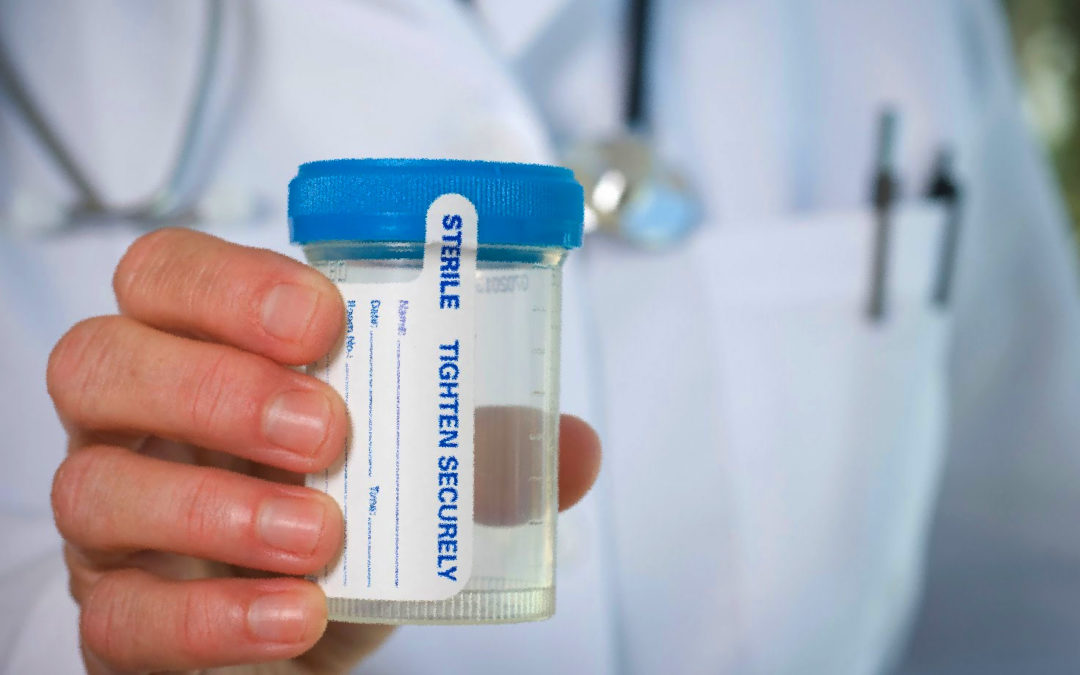
GAO Warns Of Increased Costs From Unbundling Panel Tests
GAO Warns Of Increased Costs From Unbundling Panel Tests
A new report from the U.S. Government Accountability Office (GAO) has zeroed in on the unbundling of common panel tests as a practice that could cause Medicare to overpay billions under PAMA’s new market-based CLFS.
The potential for overpayment stems from a loophole that enables labs to charge significantly more for common panel tests by billing for each component test individually (see LE, December 2017). Previously, Medicare had paid a lower bundled rate for routine panel tests such as Comprehensive Metabolic Panel (CPT 80053) and Lipid Panel (CPT 80061).
But starting January 1, 2018, PAMA limited CMS’s ability to automatically combine individual component tests into groups for bundled payment. Labs now have the ability to game the system for higher reimbursement by billing individually for tests in a panel. The GAO report has estimated that this practice could potentially increase Medicare expenditures by as much as $10.3 billion from 2018 through 2020.
The Department of Health and Human Services (HHS) commented that it is taking steps to address this issue. More specifically, HHS is developing an automated process to identify claims for panel tests that should receive bundled payments and anticipates implementing this change by the summer of 2019. In addition, HHS posted guidance on November 14, 2018, stating that for panel tests with billing codes, laboratories should submit claims using the corresponding code rather than the codes for the separate component tests beginning in 2019.
In addition, CMS says that it has been monitoring changes in panel test utilization, payment rates, and expenditures. CMS says that preliminary data indicates that Medicare payments for individual component tests of panel tests have, in fact, increased substantially in 2018.

